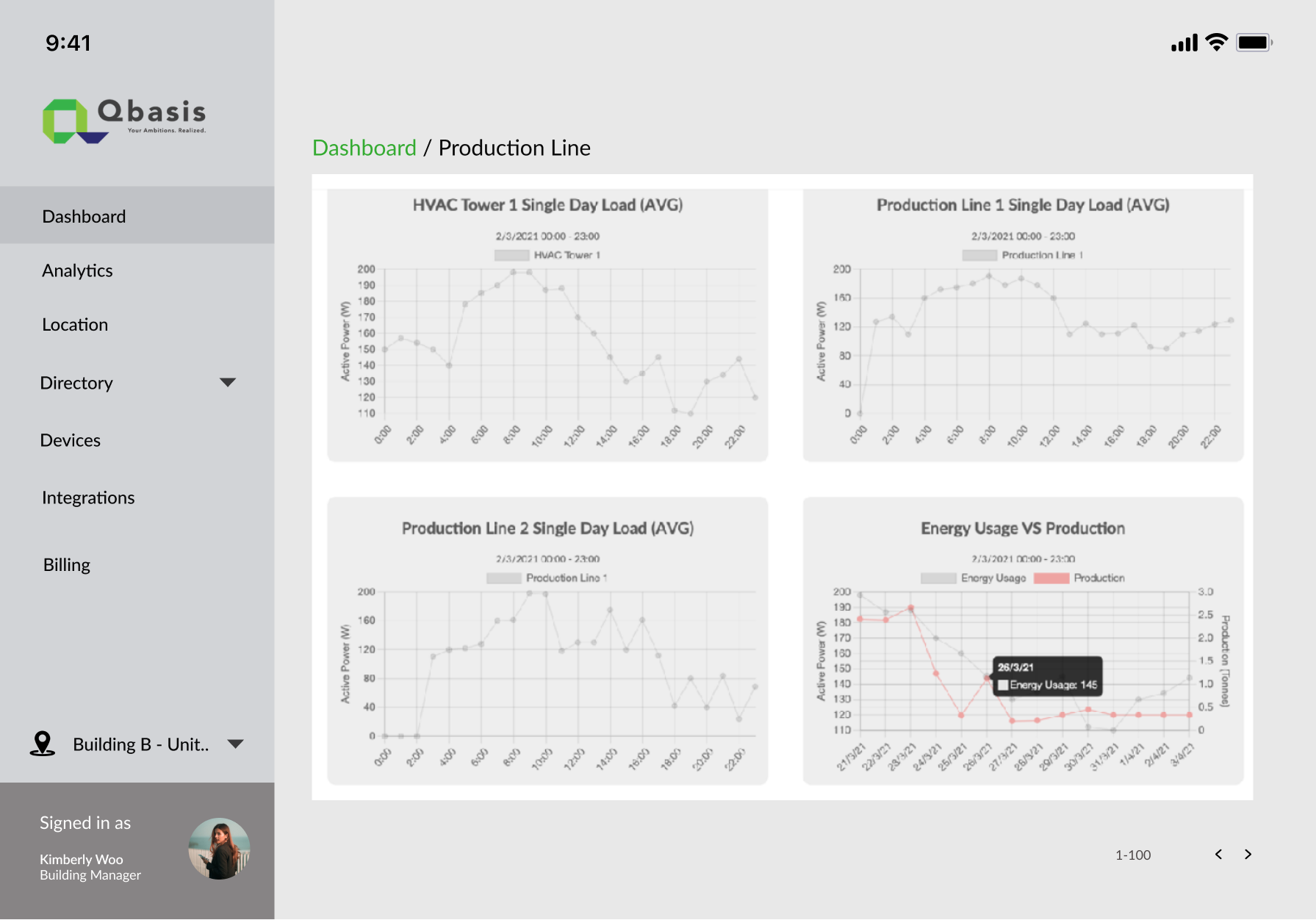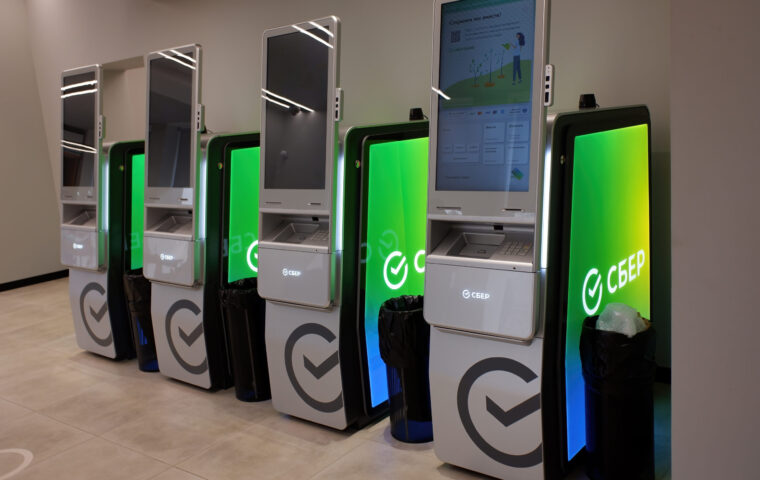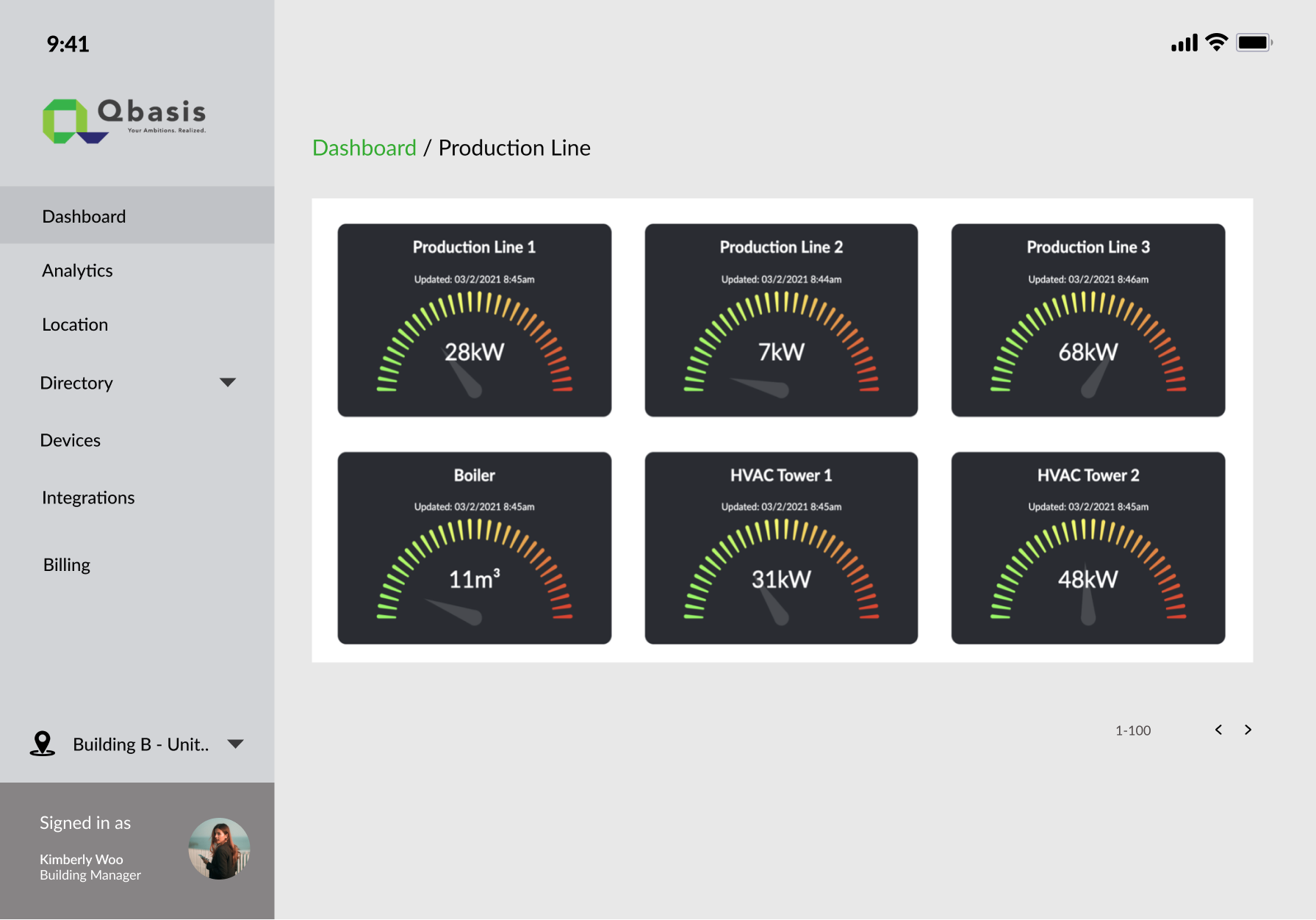
Centralize, normalize, and visualize data
Integrating data streams automatically coming from a variety of sources into a single database in an automated process for visualization
Achieve supervisory control of building systems for optimisation
Make automatic adjustments to the building’s underlying systems in order to maximize efficiency
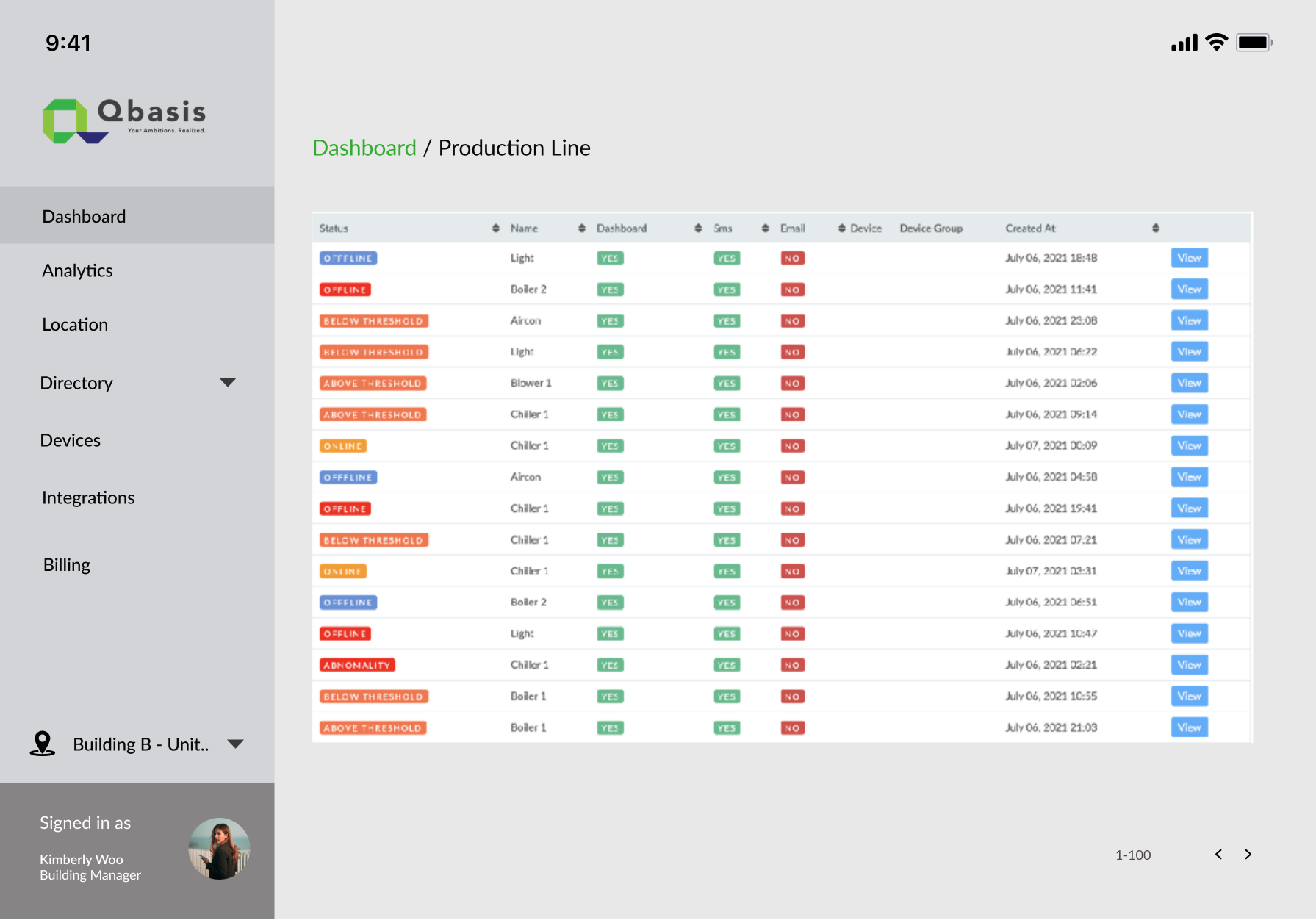

Measurement and Verification (M&V)
Determine the amount of energy that can be saved by specific ECMs or efficiency initiatives including verifying of amount
NEA Grant Supported
The EMIS solution is NEA grant supported and can help businesses achieve ISO 50001 and track progress. The 50001 Ready program outlines the site’s EnMS aspects. EnMS integrates site energy strategy, energy management action plans, energy data collecting, benchmarking, and reporting to assist federal agencies meet energy reduction targets. A companion EMIS can strengthen data and operational controls to deliver even better energy improvements than an EnMS.
Data privacy & compliance readiness
Flexible deployment with scalable, smart features
Centralise, Normalise, Visualise Data
The user interface is designed to allow users to conveniently access, analyze, and interact with EMIS data and centralize, normalize, and visualize data. UI designs can vary dependent on numerous criteria, and some are user-configurable.
Reporting
Reports give collections of charts or tables in varied arrangements to fulfill user demands. Centralise data collection of energy usage on production floors tabulated against daily production unit count
Allows KPI monitoring – KPIs might be based on agency goals and targets. They can be energy-, operations-, comfort-, emissions-, or project-related (e.g., portfolio, utility, building, system, equipment, and zone).
Measurement & Verification
M&V module lets EMIS users estimate and verify ECM or efficiency project energy savings. These programs employ monthly utility bills, interval meters, and BAS to generate reports.
Utility Bill Management
Monitors usage and cost tracking allow energy benchmarking, and bill processing and validation.
Allows analysis using interval data offering greater detail than monthly utility bills – also includes daily and weekly profile visuals show how energy use varies by time of day or week
Supervisory Control
Supervisory control features close the loop automatically, allowing the EMIS to make automated modifications to building systems. Allows automated performance setting and setpoint enforcement
Advanced Visualisation
Monitors usage and cost tracking allow energy benchmarking, and bill processing and validation.
Generate virtual points and meters using the system’s computing capacity. Once separate pieces of equipment are virtually metered, all related end uses may be added to approximate the total.
“The mobile application is simple and it’s easy to learn and navigate. It’s also highly flexible and integrates well with RFID scanners.”
ANTON S.
“Offers integrated solution, from hardware integration to software development together with onsite project management.”
ALVIN K.
General Manager
“Thanks to Qbasis, the silos in our system were reduced and white elephants are eliminated. Open API Calls allow 3rd party integration with any system, which is very useful in our setup.”
KARA S.
Energy Manager
“The system is easy to learn. More importantly, they [Qbasis] are not resellers, they own their own software, with an in-house development team, that adapts to changing project requirements quickly.”
JOCELYN R.
Facilities Manager
Use Cases
All-in-one solution for your energy management and information needs
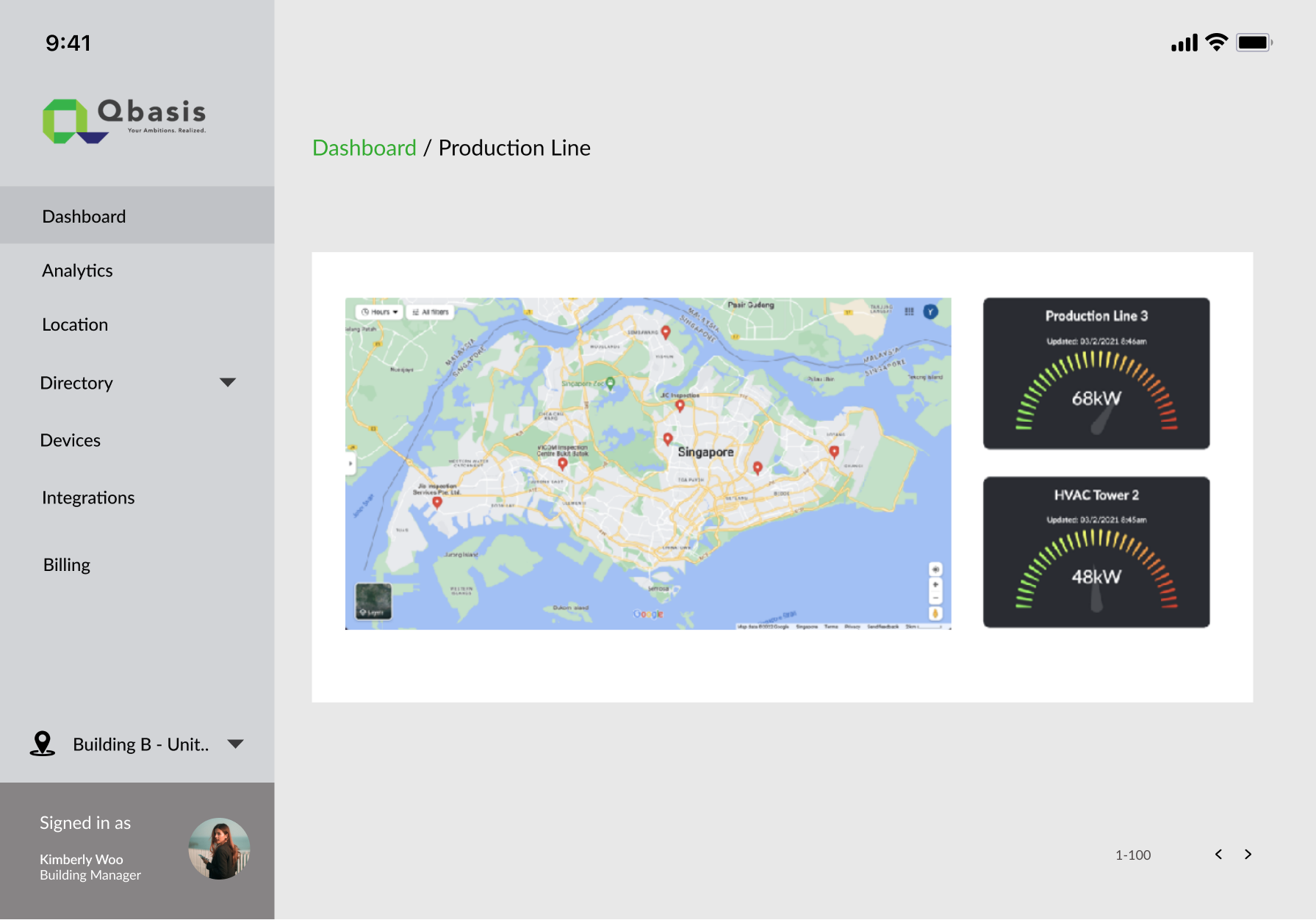

We help businesses optimise their processes and drive business efficiency, wherever possible
Qbasis Energy Information Management System (EMIS) tracks and manages energy consumption to identify efficiency opportunities, validate utility usage, and provide data to develop energy-saving objectives
Boost operational efficiencies
Realtime, centralised status – monitoring of switchgear, switchboard, standby generator statuses, and meter readings
Higher visibility of processes & inventory
Allows supervisory control of common corridor, external, and landscape lighting and integration with IBMS interface
Custom control panel
With digital protection/ control relay and metering system to effect a complete electrical integration system as a whole.
Centralise data collection
Centralise data collection of energy usage on production floors tabulated against daily production unit count


Supercharge your business today with Qbasis smart and scalable software management solutions
Get 10x business productivity – streamlining operational processes and leveraging scalable technology.
FAQ
Questions?
EMS or EnMS are computer-aided tools or software used to monitor, regulate, and optimize the energy efficiency of residential and commercial real estate, equipment, operations, and industrial facilities in any sector.
Energy management systems are generally split by application, e.g. utility, industrial, facility, building, residential, etc.
An energy management system helps energy experts manage and minimize kWh and expenses in an ecologically friendly and acceptable manner.
Energy management software helps facility managers, building energy managers, utilities, energy suppliers, energy service companies (ESCOs), and consultants make educated decisions on energy and cost-saving measures and strategies.
It combines hardware, software, and data in a cohesive platform that energy management teams may use to remotely monitor, analyze energy, water, gas, and other business data. The value is in being able to analyze data and gain meaningful insights.
Automated control of building equipment including heat pumps, lighting, HVAC, and other electrical and mechanical equipment is a crucial element of BMS/BAS systems. BMS systems may remotely turn equipment ON/OFF and modify settings, sending controlling signals. This isn’t in energy management software.
Energy management software can be integrated with BMS/BAS systems, but it focuses on providing analysis tools to dig deeper into energy patterns, incorporate historical data to identify trends, compare data across periods, evaluate operational waste/savings, and measure & verify saving actions. BAS/BMS systems lack the analytical muscle for long-term energy efficiency gains.
First, survey a structure or location to save energy. Before integrating software and analytics to monitor and assess energy-saving initiatives and activities, the project environment, needs, goals, and objectives must be established.
Energy management software is crucial to reaching ISO 50001. Without energy management software’s powerful analytical capabilities, reporting and compliance are nearly impossible.
Our Clients
We have worked with multi-national and Fortune 500 companies over the years
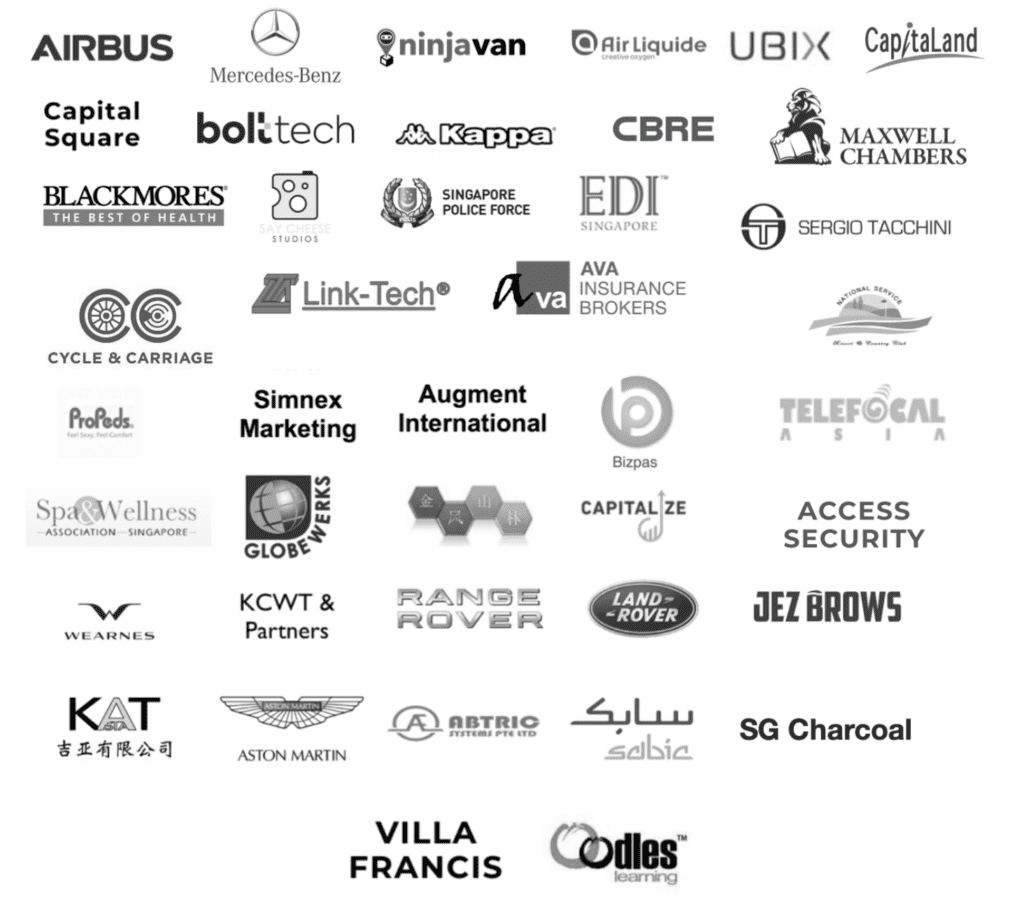

Our Partners


Accreditation



